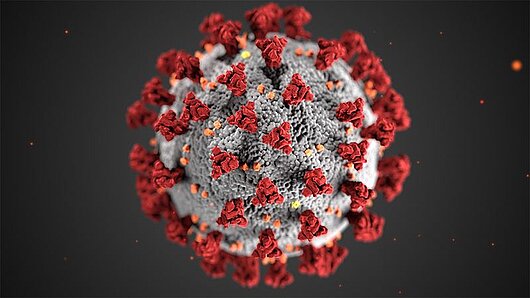High-Performance Computing Center Stuttgart

On July 17, 2023, ORCHESTRA announced that it has launched a new COVID-19 Science Challenge. The project invites external scientists and clinical researchers to use the data contained in its virtual cohort for research. Until September 30, 2023, researchers can apply to participate in the Science Challenge at https://orchestra-cohort.eu/science-challenge-2023/.
Working together with partners in the ORCHESTRA consortium, scientists at the High-Performance Computing Center Stuttgart (HLRS) have contributed to the development of the federated data infrastructure necessary to create this virtual cohort. This has included implementing a software stack that has been used to establish national COVID-19 data hubs in Germany, Italy, and France.
Through an ORCHESTRA portal, scientists can remotely analyze data from all of the national data hubs without the need to download it locally. In this way, they gain information and statistical power for data analytics that would be unavailable using only COVID-19 data hosted locally or in their home countries. At the same time, this federated data infrastructure ensures that laws prohibiting the transfer of patient data across national borders are not violated.
As a participant in the ORCHESTRA project, HLRS is hosting a national COVID-19 data hub for German data. HLRS scientists have also contributed to defining measures for ensuring secure storage of sensitive health data, and for conducting federated data analyses. An additional key concern for the entire ORCHESTRA team has been to harmonize datasets across the entire network. By using standardized variables and metadata frameworks, they ensure that data hosted in multiple national hubs can be easily combined and analyzed in an integrated way.
Coordinated by Prof. Evelina Tacconelli and her team at the University of Verona, the ORCHESTRA research project started in December 2020 with the goal of understanding the clinical expression of the SARS-CoV-2 pandemic. It also aims to provide a model for managing future health crises. Thirty-seven partners from 15 countries have established a research infrastructure to collaborate according to defined common standards. The research objectives of the project include identifying predictors of COVID-19 presentation, disease aftereffects associated with virus variants and immunity function status, markers of disease severity, vaccination efficacy, and long-term consequences of the disease. ORCHESTRA receives funding from the HORIZON 2020 Program.
To learn more about ORCHESTRA, please visit https://orchestra-cohort.eu.
— Christopher Williams